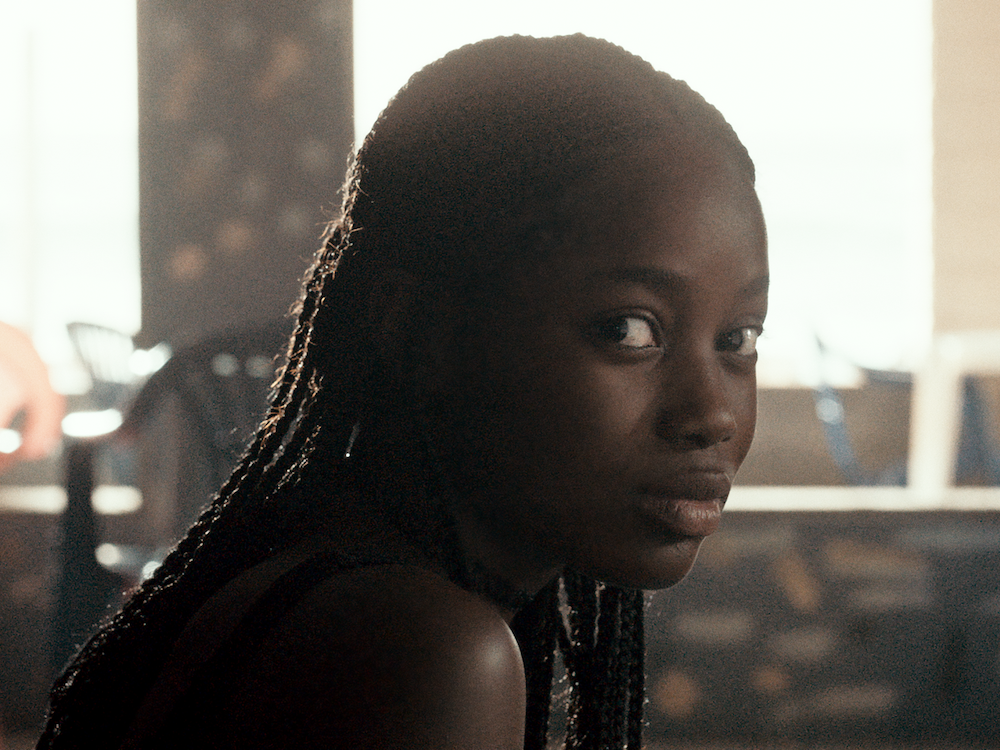At this magazine, we like to think we know a thing or two about interviewing. But to read Interviews with Francis Bacon, the art critic David Sylvester’s book-length dialogue with the painter, is to find a proudly messy rejoinder to our own tidy conversations. Sylvester chronologically presents nine sessions with Bacon over two decades, condensed for length but never edited for clarity or precision. Over the years, in a kind of psychological time-lapse video, the two return to the same topics again and again, and Bacon’s philosophies mutate and crystallize. His interest in the narrative quality of triptych painting evolves to include plans to construct sculptures that can be adjusted and moved. His hedonistic lifestyle becomes a way of thinking about his all-consuming attitude about his work. His desire for realism gives way to a resignation to the artifice of creation. The result is a portrait in dialogue, as warped and fascinating as Bacon’s own depictions of twisted faces and writhing bodies. —Lauren Kane
If you’re a woman between the ages of twenty-six and thirty-five, you probably have, in a deep corner of your parents’ basement, a forsaken stash of American Girl dolls, Pleasant Company’s (later Mattel’s) line of historical character dolls that ascended to popularity in the nineties. I count myself among this cohort and was recently reminded of my own such collection over the holidays. I watched as my cousin’s three-year-old unearthed my old Kirsten doll, messily undoing her neat, long-untouched Swedish braids. One eye on the doll, I sipped my wine, coolly restraining myself from intervening. Last year, a piece in the New York Times directed my attention to The American Girls Podcast, a show in which the thirty-something historians Mary Mahoney and Allison Horrocks explore all things American Girl. Re-examining the historical fiction series that accompanies the dolls, one book at a time, the podcast is part Ph.D.-grade history, part pop-culture analysis. Mahoney and Horrocks playfully manage to keep listeners up to date on The Bachelor while also addressing the misrepresentation of slavery and indigenous people in American children’s literature. But the hosts’ chemistry carries them further than the content. They let conversation wander blissfully away from the topic at hand, allowing us a moment, as women, to just enjoy still being girls. —Elinor Hitt
Jenny Offill makes it look effortless. In the spare, self-contained paragraphs of her 2014 novel, Dept. of Speculation, she combines the profundity of Zen koans with the profanity of an exhausted artist-mother’s interior monologue; that book can be read in two hours, and it holds the intimacy, ease, and mystery of a stranger’s diary (if that stranger had an impeccable ear for language). Offill’s distinctive voice spawned a raft of imitators and helped carve out space for the quotidian concerns of a woman’s life to be taken seriously as literature. Six years later, her newest novel, Weather, risks being read as derivative, so much has the style she pioneered become the dominant mode. Offill chafes at the term autofiction, the ways it has been used to mean something gendered, to mean something new when it isn’t, to mean something insular. Weather is more ambitious. It remarks on our “current climate”—politically, existentially, literally—while also offering a sharp satire of how we use precisely that kind of phrase to contain our terror. Mantras, online prepper guides, and ecological terminology float through the mind of a small-town librarian while a larger global anxiety threatens to subsume her. “Talking about the weather” is transformed from the cliché of alighting on a safe, banal topic into the urgent disaster we all see coming and attempt, for our own sanity, to avoid in polite company. In Weather, the coming winds whip through the consciousness of the narrator, lacerating her, in a way that will be uncomfortably familiar to anyone who has lain awake at night in the past decade. “How does the last generation know it’s the last?” —Nadja Spiegelman
Cassie Donish’s On the Mezzanine is a small book that I’ve found myself returning to since I first encountered its magic last summer. Donish charts the evolution of a new relationship, managing, over the course of seventy-one pages, to erase the very notion of gender from the reader’s concerns (or at least that’s what it accomplished in this reader’s heart). There are echoes of Maggie Nelson’s The Argonauts here (and indeed, Nelson’s words of praise grace the cover), but Donish’s poetry is different from Nelson’s. Donish’s gaze is focused on their own heart and that of their partner, a personal history written in the flesh. The result is ultimately an exegesis of what it means to be human, to live in a body, and to love. And God, the writing! These are words that sear and lift and crush, sometimes all in the same sentence, the effect of which decenters heteronormative narrative spaces and creates, instead, its own topography, redefined and redefining. —Christian Kiefer
I was tricked by a friend into leaving my apartment to see a film, only to find out I could have watched it in bed. The deep wound of deception aside, all is forgiven because that film was Atlantics, the utterly beguiling first feature by the French Senegalese director Mati Diop. (I’m late, and the film is slipping out of cinemas, but please see it on the big screen if you can; or, at the very least, plant your laptop close to your eyes.) Atlantics opens with the image of a spectral glass tower looming above Dakar, a shot that establishes Diop’s cinematic mode, which slips between the observational and the visionary. Construction workers demand pay for their labor on the building, to no avail. One, Souleiman, meets his girlfriend, Ada (in a phenomenal performance by Mame Bineta Sane). They make out by the seaside; she defers his advances until the evening. Later, when she arrives at a bar, she hears from other women that the men have gone “out to sea,” toward Europe and, it appears, to their death. She sees Omar, her wealthy fiancé, who gives her a phone and then swims, with what scans as contempt, in the still water of an infinity pool that vanishes at the restless sea ahead. The sly insights on wealth, power, gender, and class accumulate. Then, things happen. I don’t want to reveal what the film becomes, but I found it a comfort to have no sense of where the shifts in tone and mood would lead. Though the Atlantic is an ever-present image, its significance is constantly in flux. I have rarely seen the ocean shot so well and with such variety: the way it glints in the dark, roils with threat, or glows with a rose-pink haze. Love blooms, as ever, in retrospect. But what resounds is the grace with which the film turns the hauntings of the past toward the future. —Chris Littlewood
from The Paris Review https://ift.tt/2usclGa



Comments
Post a Comment